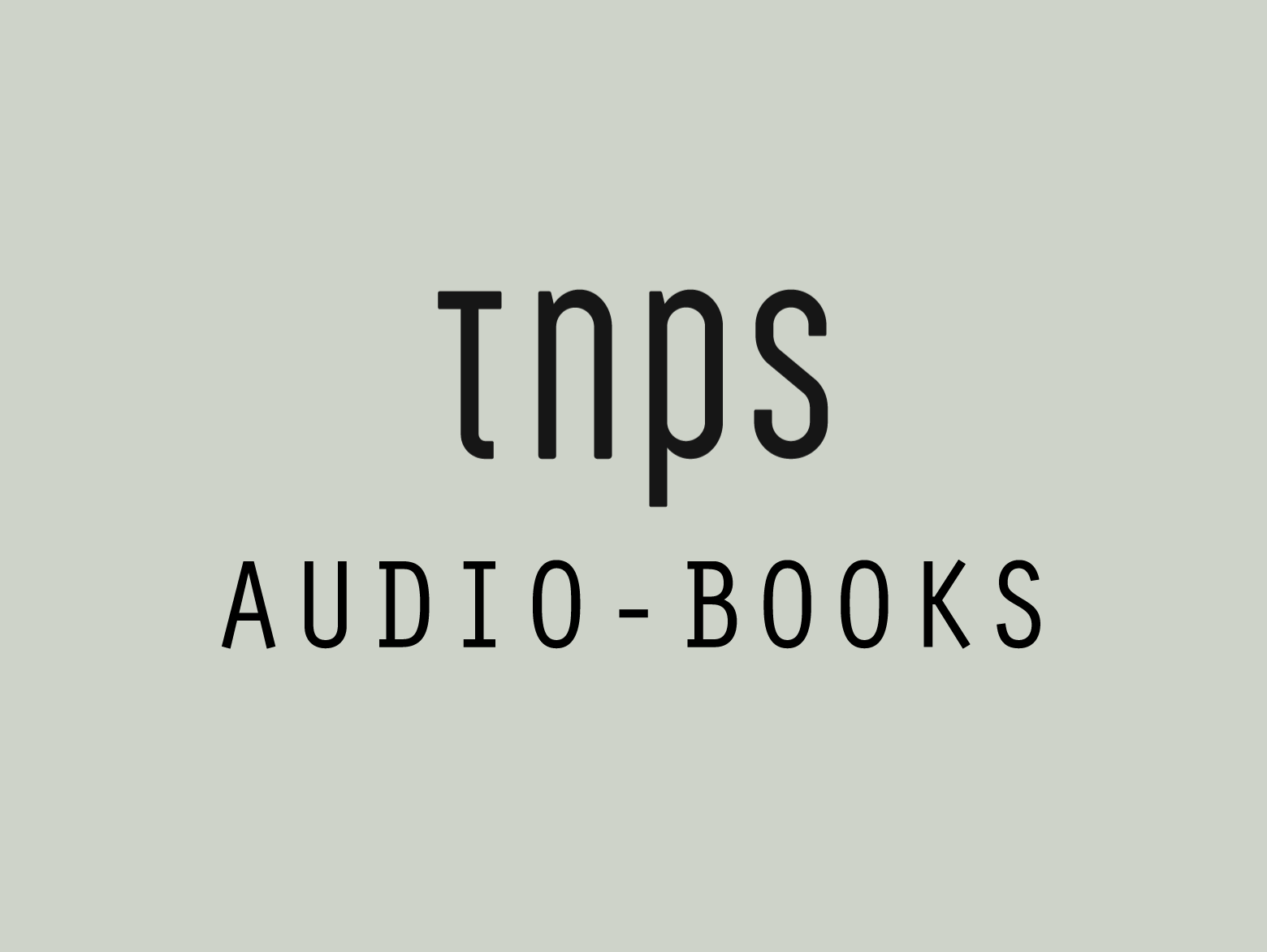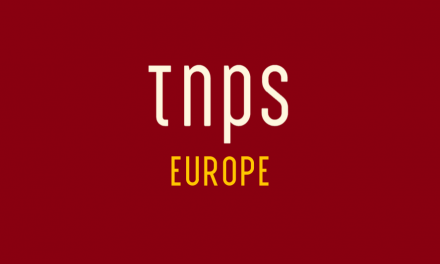With Storytel under increasing pressure from rival operators in the Swedish audiobook arena two things were inevitable.
First, Storytel’s market share would fall. And consequent on that Storytel would need to review its royalty arrangements for its content suppliers – in this case established publishers, as Storytel does not deal direct with authors as per Amazon Audible’s ACX arm.
It’s long been rumoured that Storytel was giving Bonnier preferential rates, and now Svensk Bokhandel has seen the statements and confirmed Bonnier is getting a royalty two to three times higher than that of smaller players.
Nothing too surprising there, perhaps. But smaller publishers in Sweden are less than happy, and all the more so given Storytel is already forcing its basement royalty rate down as the competition rises.
In Q2 of this year new lows were reached, with compensation per unit listened to dropping, for the smaller players, to SEK 20 ($2.20)
Since then, publisher’s minimum compensation per literary book from Storytel fell to less than SEK 20, with on occasion the floor hitting just SEK 7.82 ($1.96). By comparison, says Svensk Bokhandel, Bonnier has been collecting as much as SEK 52-53 ($5.73-$5.85), a rate seemingly the one demanded by Bonnier, as it transpires Storytel’s rivals Bookbeat and Nextory are collecting a similar rate.
Bonnier Books CEO Håkan Rudels told Svensk Bokhandel this is above average, but declined to say what the average was.
Rudels further revealed Storytel’s share of Bonnier’s audio sales had fallen to just 50%. That does not in itself mean Storytel’s sales numbers have fallen. In an expanding market it may be Storytel is still holding its own even as market share drops. UPDATE: Storytel CEO Jonas Tellander says sales are still rising even as market share falls.
That said, the pace of growth of audiobooks in Sweden is slowing, as one would expect. No suggestion yet audiobooks have plateaued in Sweden, but slowing growth adds to the concerns of the smaller publishers without the muscle to stand up to distributor demands.
As Svensk Bokhandel puts it (rough translation) Storytel is now disrupting publishers outside the “Bonniersphere,” quoting one unnamed publisher as saying the subscription model remuneration package is “rigged and manipulated.”
Publishers, unwilling to be named for fear of reprisals from Storytel, note that their revenue would double if they received equal rates with Bonnier, and their break-even point would decrease radically, encouraging investment in the sector.
But it gets worse. With Svensk Bokhandel confirming the rumours of Bonnier’s higher royalties, other publishers face a backlash from authors and agents who will feel Bonnier authors are getting paid more because Storytel and co. are handing over more.
N.B. It’s not clear from the post how much Bonnier is paying authors compared to other publishers, so that may be a red herring argument, but one (again unnamed) publisher concerned its authors will desert for Bonnier, is quoted as saying,
It’s a big deal for us if Bonnier writers get so much more.
There is talk of Storytel being referred to the Swedish Competition Authority, and further, suggestions that Storytel CEO Jonas Tellander has been disingenuous in his statements about Storytel royalties, implying there is one rate across the board.
You can argue that it’s fraud. Or in any case immoral,
another unidentified publisher said.
The reality is of course that without Bonnier on board Storytel would never have been the success story it is today. Rather like Amazon in its early days, Storytel had to go along with what the biggest publishers dictated. And royalty share wasn’t on the table.
Said Bonnier Books’ Rudels,
We have never had a revenue share with anyone. We can not write such an agreement without floor or ceiling. We were early, we digitized a lot and were already big on audio books. We shared (Storytel’s) views on the future.
Rudels further claims there has been,
a sharp reduction of average income in recent years,
but adding that increased backlist sales made up for the difference.
Storytel declined to respond to specific questions from Svensk Bokhandel. Sofia Zettergren, Storytel CFO, said,
Our agreements are under confidentiality and therefore we do not comment on these. As we communicated earlier, we will be transitioning to a time-based replacement model next year, so we are meeting the publishers to conduct a dialogue on how we can continue to develop the Swedish audio book market.
What happens next is anyone’s guess. Bonnier Books CEO Rudels is clear revenue share is not something they will consider. Other publishers will have to roll with the punches or go elsewhere.
Possibly a good time for Amazon’s Audible to enter the Scandinavian markets, but no sign that is on the cards any time soon.
As reported here previously, there are strong rumours Amazon is looking at some kind of presence in Sweden later this year, but nothing yet to suggest that will involve books in any format.
Evidence mounts for an Amazon Sweden launch this year, but no sign publishers need worry yet





